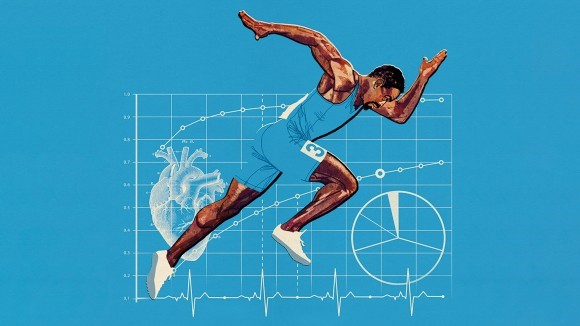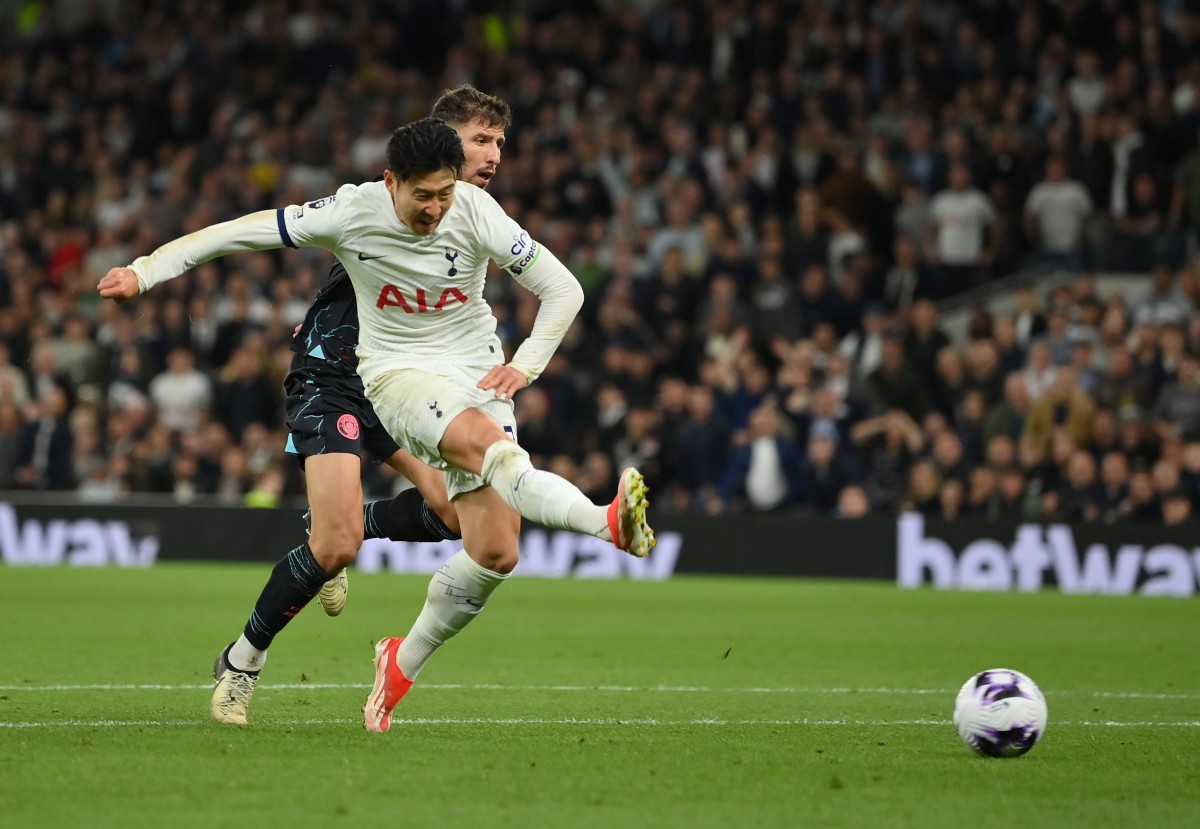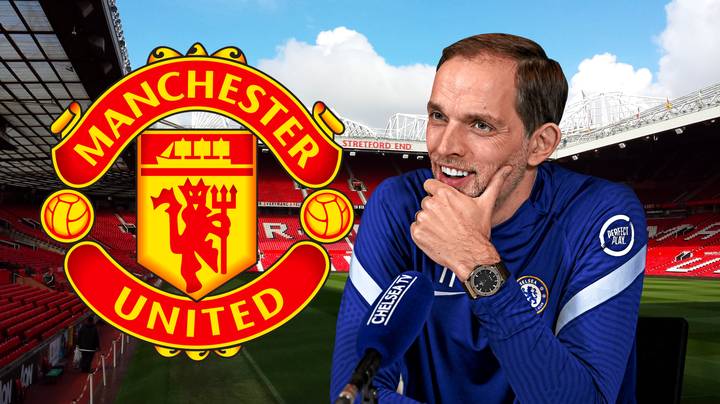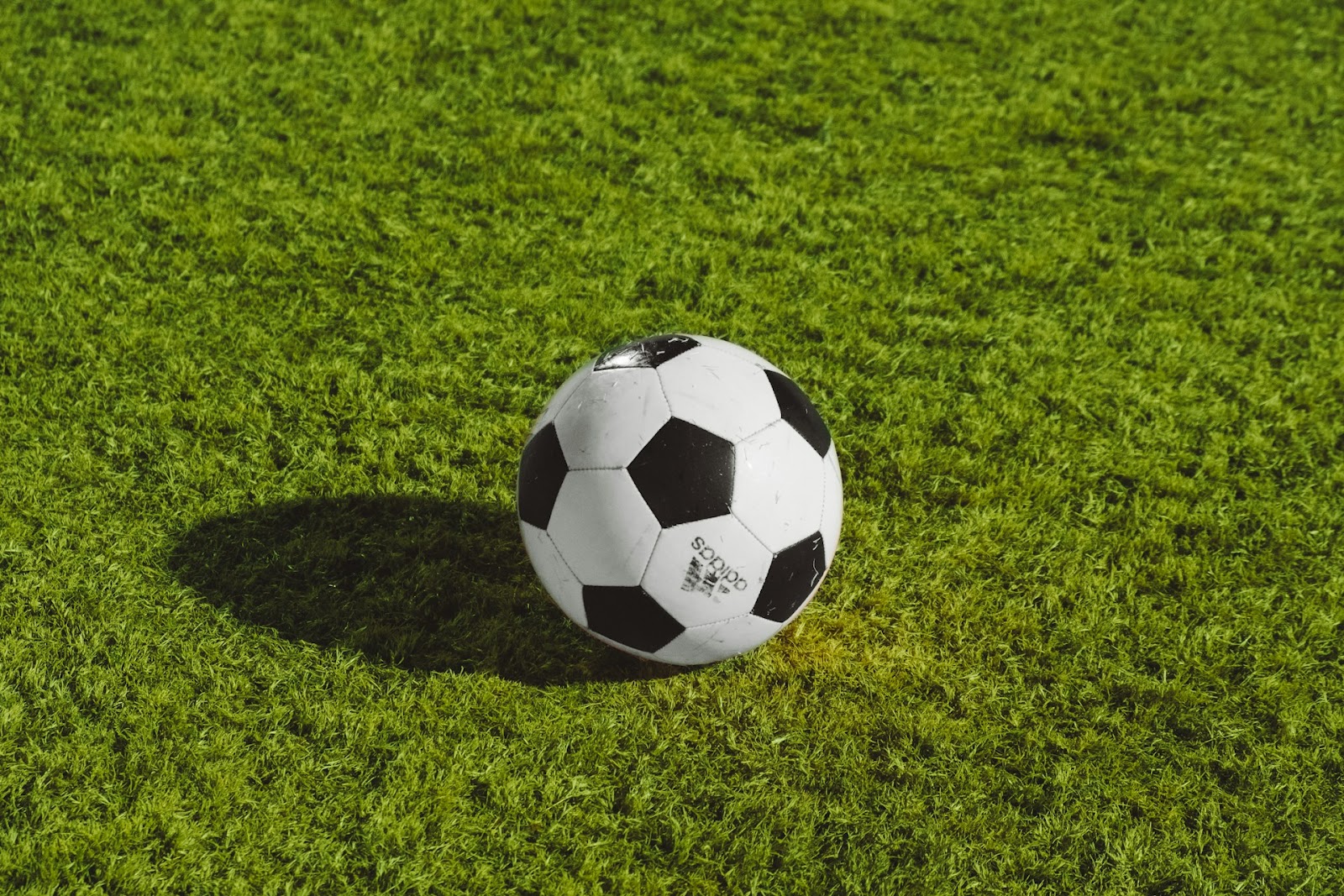The Intersection of Sports and Science: Exploring Performance Enhancement
Explore the fascinating intersection of sports and

Explore the fascinating intersection of sports and science, where cutting-edge research and technology converge to enhance athletic performance. Discover the latest advancements in sports science and how they're revolutionizing training, nutrition, and recovery for athletes.
Enhancing Athletic Performance: The Synergy of Sports and Science
In the ever-changing realm of athletics, striving for greatness is a never-ending effort driven by creativity and a desire for improved performance. The core of this mission is the meeting point of sports and science, where innovative studies, advanced technology, and real-life evidence come together to maximize athletes' abilities. Let's explore the intriguing connection between sports and science and see how it's changing how athletes perform.
Watch basketball, hockey, tennis, and football results and follow yesterday soccer results to understand how innovative studies maximize athletes' abilities in practice.
Understanding Sports Science:
Sports science is a diverse field incorporating branches like physiology, biomechanics, nutrition, psychology, and technology to enhance athletic performance and reduce injuries. By applying scientific principles to examining human movement, physiology, and psychology, sports scientists aim to identify the factors affecting performance and create evidence-supported tactics to improve it.
Biomechanical Analysis:
Biomechanical analysis is critical in comprehending and improving athletic movement patterns, techniques, and efficiency. Biomechanists can evaluate all aspects of an athlete's movements, such as running style and golf swing, using advanced motion capture technology, force plates, and 3D modelling software. Athletes and coaches can enhance performance and reduce injury risk by identifying biomechanical inefficiencies and areas for improvement and then making targeted adjustments to technique, equipment, and training programs.
Performance Monitoring and Tracking:
Progress in wearable technology and sports analytics has completely transformed how athletes keep tabs on and analyze their performance, whether on the field or off. Wearable gadgets like fitness trackers, heart rate monitors, and GPS watches offer live information on heart rate, pace, mileage, and recuperation statistics. By examining this data, athletes and coaches can acquire important information regarding training load, recovery status, and performance patterns. This enables them to make better decisions and improve their training programs.
Nutritional Optimization:
Nutrition is essential for athletic performance, supporting training, recovery, and overall well-being. Sports nutritionists use scientific studies to create personalized nutrition plans specific to athletes' individual needs and objectives. Optimizing nutrition is crucial for maximizing energy levels, improving recovery, and aiding muscle growth and repair, from macronutrient ratios to hydration plans. By consuming the proper nutrients at the appropriate times, athletes can maximize performance and reach their full potential.
Injury Prevention and Rehabilitation:
Athletes frequently encounter injuries, but advances in sports science have significantly improved the prevention and rehabilitating of injuries. Sports scientists and physical therapists collaborate to assist athletes in rehabilitating from injuries and returning to play more robust and resilient through biomechanical analysis, strength and conditioning programs, and personalized rehabilitation protocols. By fixing biomechanical imbalances, weaknesses, and movement dysfunctions, athletes can lower their chances of getting injured and extend their athletic careers.
Mental Performance Enhancement:
The psychological side of sports is equally important to the physical, with sports psychology being essential in improving mental strength, concentration, and ability to bounce back. By utilizing methods like visualization, setting achievable goals, practising mindfulness, and providing cognitive-behavioural therapy, sports psychologists assist athletes in cultivating the mental abilities necessary to excel in high-pressure situations, bounce back from failures, and sustain belief and calmness when dealing with challenges. Athletes can reach their maximum capabilities and perform at their best when it counts by training the mind just as intensively as the body.
Conclusion:
The merging of sports and science is a frontier of new ideas and findings, where advanced research and technology meet to expand human capabilities. The information obtained from sports science, including biomechanical analysis and performance monitoring, as well as nutritional optimization and mental performance enhancement, transforms how athletes train, compete, and recover. By utilizing scientific advancements, athletes can tap into their complete abilities, attain higher levels of achievement, and motivate upcoming generations to aim high and strive for greatness.







